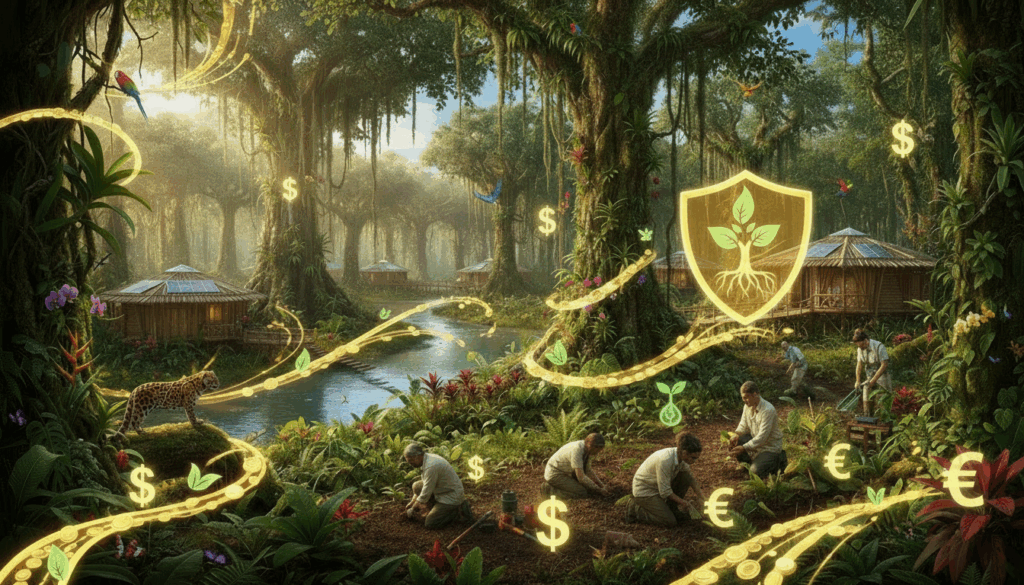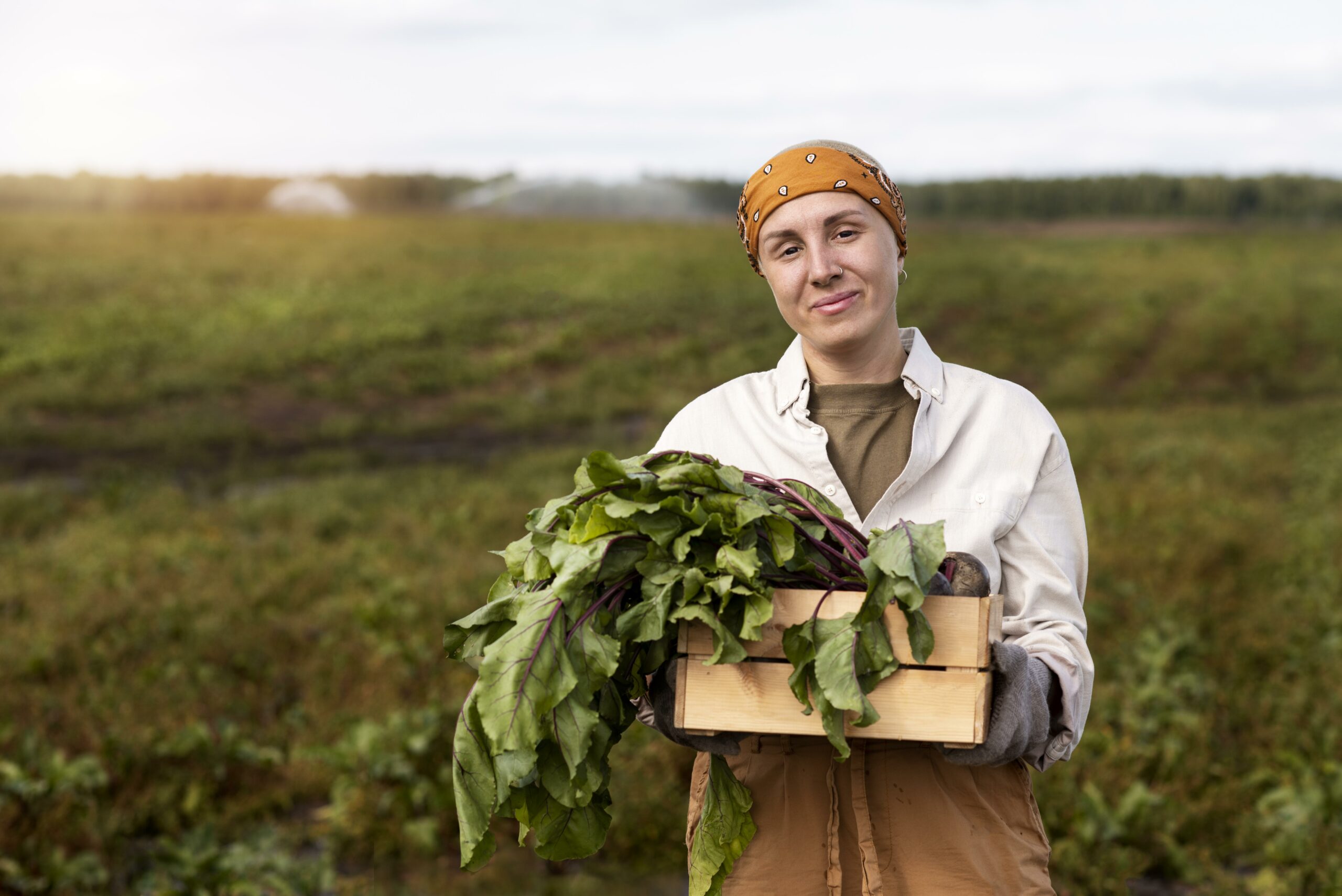While the Omnibus Directive scales back European ambitions, implementing ESG risk management remains essential.
Tag Archives: Sustainability
With COP 30 SSP3-7.0 scenario amid fragmented cooperation, businesses must lead climate adaptation. Ksapa supports just transition at scale.
Brazil’s $125B Tropical Forest Forever fund promises to protect rainforests. But does it prioritize profits over planet?
Learn how credible biodiversity credits drive real restoration, avoid greenwashing, and deliver lasting benefits for nature and communities.
EFRAG’s ESRS revision cuts mandatory datapoints by 50%+. Learn how simplified sustainability reporting affects your business.
Explore the market status and financing gaps around the Financial Inclusion of Agricultural Cooperatives & SMEs in Africa.
Discover 10 tracking technologies transforming supply chains and how Ksapa helps prioritize transparency vs. traceability needs
Smallholders are an impact opportunity for the entire agricultural value chain on ESG issues faced by global buyers
Navigating the complex intersection of defense investments and ESG principles balancing security needs and responsible investing
Solutions to overcome carbon market barriers and monetize externalities through digital and value-sharing mechanisms









